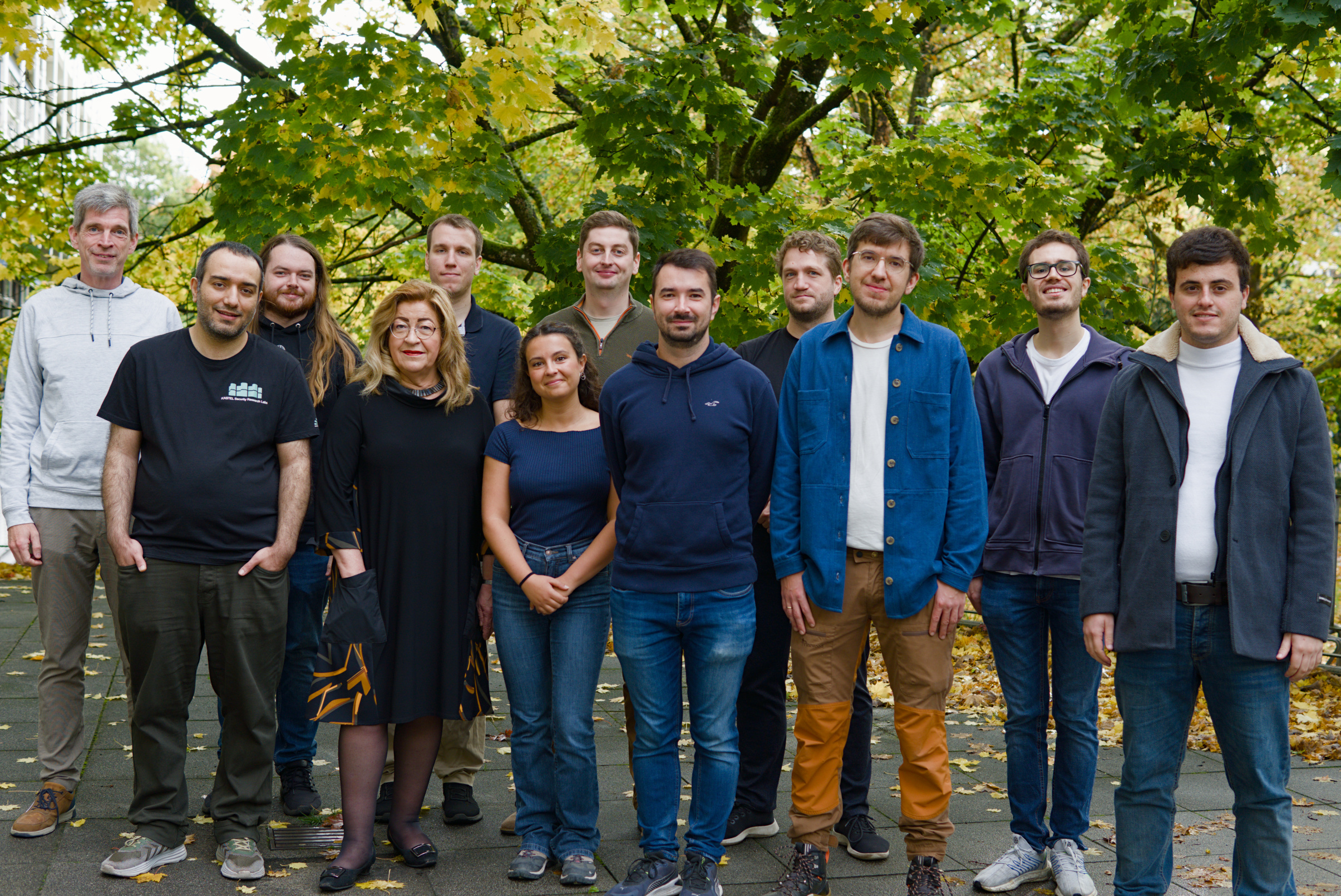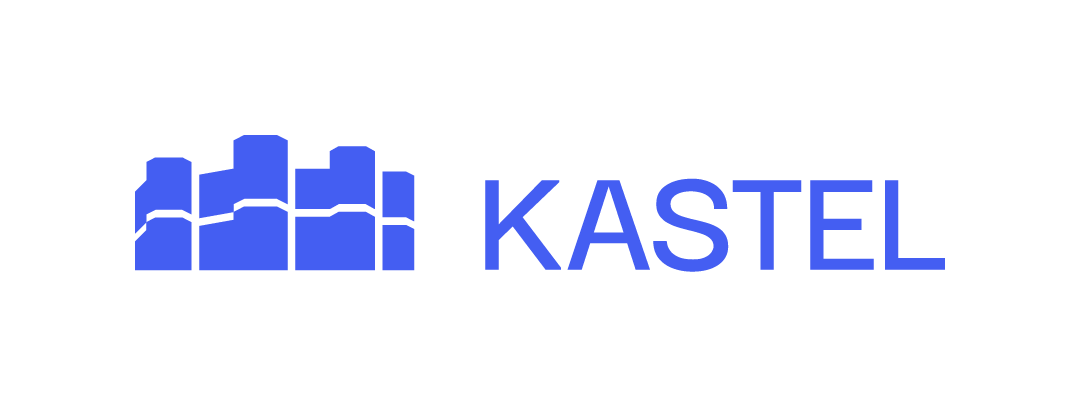Welcome at the Chair of Privacy and Security

We work on all aspects of technical data protection and network and IT security. We are primarily interested in privacy, i.e. the protection of individuals against the misuse of their data.
Over the past decades, digital technologies have developed rapidly. The advent of digital transformation and the interconnectivity of all areas of life opens up a wealth of new possibilities. Autonomous networked vehicles, cloud computing, industry 4.0, virtual reality with haptic feedback, online banking or social networks are just a few keywords that are changing the way and quality of life. However, this development also brings with it a number of challenges that people often do not immediately grasp, but which may well conflict with their interests. Our research group is engaged in the development and analysis of security concepts that protect from all types of potential attackers on such systems. We are also interested in the development of technologies that promote data protection in order to protect privacy in the digital world. Finally, we develop protocols and algorithms to secure the underlying infrastructures for communication and computation.
We are part of the KASTEL Security Research Labs, as well as the excellence cluster CeTI, the Centre for Tactile Internet with Human-in-the-Loop.
Annika Sauer has been awarded the excellence award of the Université franco-allemande Deutsch-Französische Hochschule UFA DFH. The award goes to the best graduates of the DFH. Annika did her Master's in Informatics and Computer Science at KIT and the National School of Computer Science and Applied Mathematics of Grenoble. She did her Master's Thesis on Attack Resilience in Differential Privacy under the supervision of Patricia Guerra Balboa and Héber Hwang Arcolezi.
Congratulations!
Annika's post on LinkedInThe paper The Adverse Effects of Omitting Records in Differential Privacy: How Samping and Suppression Degrade the Privacy-Utility Tradeoff
(Àlex Miranda-Pascual, Javier Parra-Arnau, Thorsten Strufe) has been accepted for publication at USENIX Security 2026!
In this paper we research how suppression of records when using Differential Privacy impacts the privacy-utility tradeoff. For this, we analyse the privacy and utility of various DP mechanisms (Laplace, Gaussian, exponential, report noisy max, DPLloyd) in combination with sampling and suppression, and find that the loss in utility caused by deleting records negates the benefit of improving the privacy parameters.
Congratulations!
Link to the preprintOn January 28, Prof. Thorsten Strufe and Felix Morsbach will take part in the European data protection day in Berlin. The topic is Anonymization and Pseudonymization - Lower risks, use data?
We're looking forward to engaging discussions!
We congratulate Simon Hanisch on his successful PhD defense!
In his thesis, Simon researches the anonymization of humans in motion. For his research, Simon has recorded datasets of subjects in which they perform various activities. He analyzed which parts of a motion make a human identifiable, and he developed anonymization methods to prevent identification. Finally, he developed a robust evaluation methodology for anonymizations, ensuring that their performance is assessed accurately.
Congratulations!
On the 21st of January, 2026, Prof. Dr. Damiano Carra from University of Verona will talk about Caching as an Online Learning Problem
.
The talk will take place at 2pm in room 252, building 50.34.
We are looking forward to an interesting presentation!
As part of the KASTEL Distinguished Lecture series, Prof. Gianluca Stringhini of Boston University will talk about Improving the Moderation of False Information and Influence Campaigns on Social Media
next Wednesday, 5th of November.
The talk including the Q&A session will be held in room -102, building 50.34, at 2pm.
We’re looking forward to an interesting talk and fruitful discussions!
We participated in AnoSiDat 2025, the prime German networking event on anonymization research, held in Berlin on October 28–29, 2025. Representing KASTEL and CeTI, Prof. Strufe highlighted recent results from the SynthiClick project, which explores novel, privacy-preserving approaches to synthesizing data for research and innovation.
In addition to showcasing SynthiClick, Prof. Strufe joined a panel discussion addressing urgent privacy challenges in health data processing. He also delivered a talk critically examining the limits of currently deployed anonymization techniques, demonstrating with empirical evidence how many methods fail to offer adequate protection against re-identification when scrutinized under realistic attack scenarios.
His contributions underscored the importance of robust, verifiable anonymization for enabling secure and ethical use of sensitive data in science and industry.
In our paper BFId: Identity Inference Attacks utilizing Beamforming Feedback Information
(Julian Todt, Felix Morsbach, Thorsten Strufe), we examine how people can be re-identified using Wi-Fi signals. The approach relies on information about the signal disturbance caused by the electromagnetic waves passing through objects, which allows for inferences about the geometry and materials of those objects. Unlike previous approaches which relied on specialized hardware, BFId uses information (Beamforming Feedback Information, BFI) that is sent in plain from all devices connected to a Wi-Fi network back to the router. This allows the BFI to be collected by an adversary easily.
For the paper, we recorded BFI for 197 persons, reaching a re-identification rate of almost 100%. Our dataset is made available for other researchers on request.
The paper will be presented at ACM CCS 2025 in Taipeh and will be available online at October 13, 2025. The KIT also reports in a press statement (DE).
Link to the paperOn September 30th, 2025, Prof. Dr. Héber Hwang Arcolezi of INRIA/École Technologie Supérieure will give a talk here at KIT about Adversarial Perspectives on Local Differential Privacy: Attacks, Auditing, and Protocol Design
. The talk will start at 9:00 in room 252.
We're looking forward to fruitful discussions!
Further informationMartin Lange, who has written his Master's thesis on correlated data in Differential Privacy and published those results together with Patricia Guerra-Balboa, Javier Parra-Arnau and Thorsten Strufe at VLDB 2025, has been given the best-graduation-award for the year 2024/2025 at the Tag der Informatik.
Congratulations on this achievement!
Our chair now officially toots in the Fediverse! The profile @ps@social.kit.edu is our official chair account on the new Mastodon instance of KIT.
We're happy about this pilot project and we're looking forward to its success!
Mastodon profileThe paper Practitioner Motives to Use Different Hyperparameter Optimization Methods
(Niclas Kannengiesser, Niklas Hasebrook, Felix Morsbach, Marc-André Zöller, Jörg K. H. Franke, Marius Lindauer, Frank Hutter, Ali Sunyaev) has been published in the ACM Transactions on Computer-Human Interactions.
In this paper, practitioners of ML are interviewed to discover why they choose specific model optimization strategies, and what the factors influencing their choices are.
Congratulations!
Link to the paper


